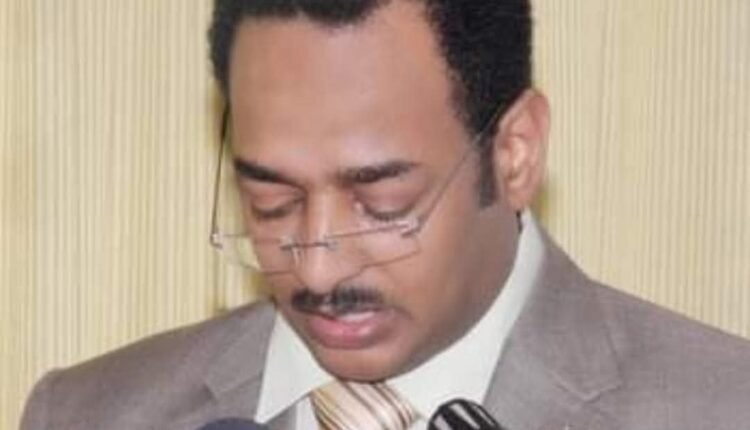When the Psychological Balance of the Sudanese Family Collapses

Dr. Salah Da‘aak
On a quiet morning in the streets of Cairo, the Sudanese community was shaken by a painful piece of news: a young man stabbed his own brother to death over a minor family dispute.
In one brief moment, the family lost two sons at once — one departed life in betrayal, and the other lost himself behind the bars of remorse and grief.
But the true tragedy lies not in that incident alone, but in what it reveals about the depth of the psychological wound Sudanese people now carry after years of war, displacement and violations.
War has exhausted people before it exhausted buildings.
Between loss, forced migration, the collapse of livelihoods, and shifting roles within the family, overwhelming pressures have silently accumulated — only to erupt as domestic violence, irrational crime, and a rising tide of suicides.
These are not passing episodes; they are signs of a collective psychological crisis that must be recognised as a national issue no less serious than hunger or disease.
Most humanitarian and relief efforts have focused on providing food and shelter, while the psychological dimension has remained neglected and marginalised.
People today walk the streets with calm expressions, yet inside them lies a delayed explosion, waiting for the smallest spark to ignite.
What we need today is not more prisons — but more psychological and social support centres open to all whose spirits have been exhausted by war.
We need to train health and community workers in psychological first aid for those who have lost loved ones or lost their homes.
We need media programmes that redefine the importance of mental care and break the stigma that seeking help is “madness.”
We must also integrate psychological support and community healing into relief and reconstruction plans — and create initiatives that link schools with local communities to promote a culture of tolerance, emotional regulation and early trauma care.
Some forms of harm cannot be extinguished by law — but by understanding and care.
Peace-building does not begin with the signing of agreements alone — it begins with restoring the souls worn down by loss.
Cities may be rebuilt, yes.
But the true homeland will not be restored until the person regains internal balance and finds someone who can hear their silence before it turns into yet another tragedy.
Shortlink: https://sudanhorizon.com/?p=8263

